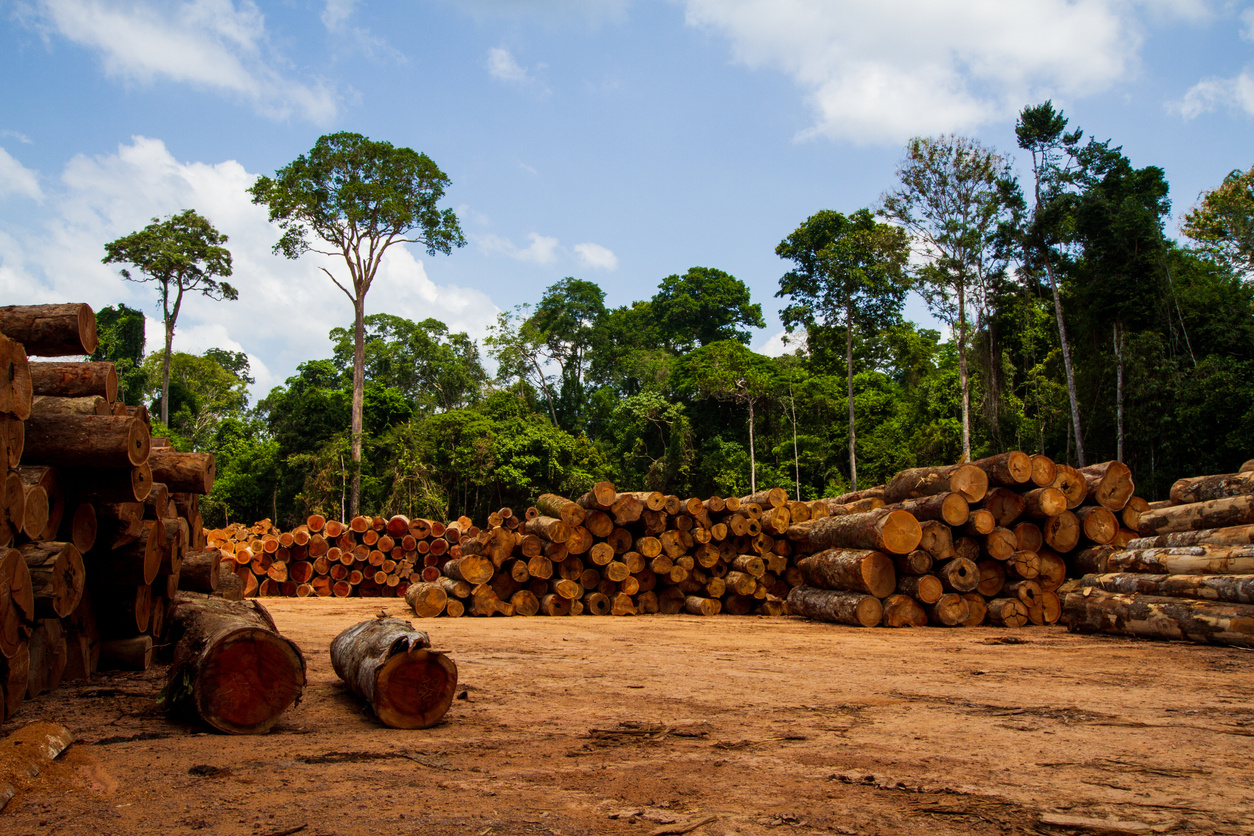News
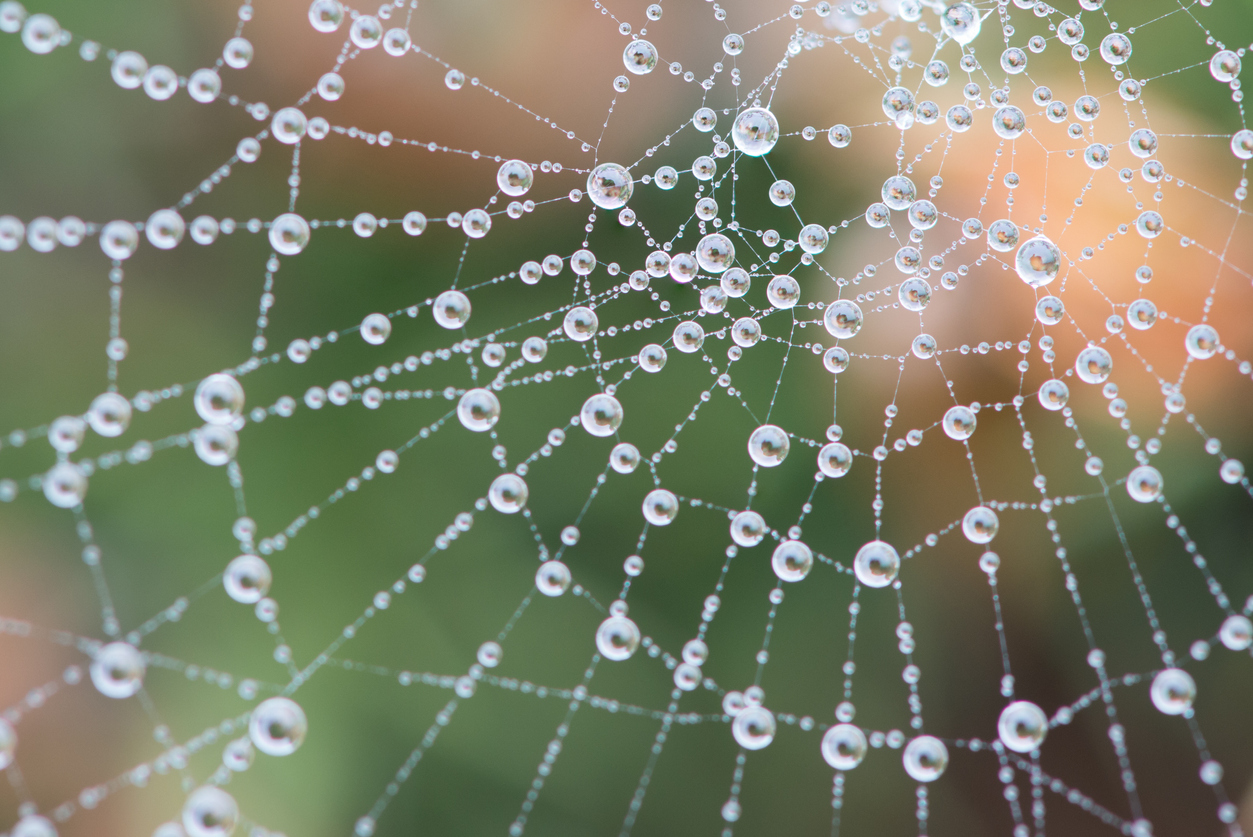
‘Vegan spider silk’ provides sustainable alternative to single-use plastics
Researchers have created a plant-based, sustainable, scalable material that could replace single-use plastics in many consumer products. The researchers, from the University of Cambridge, created a polymer film by mimicking the properties of spider silk, one of the strongest materials in nature.
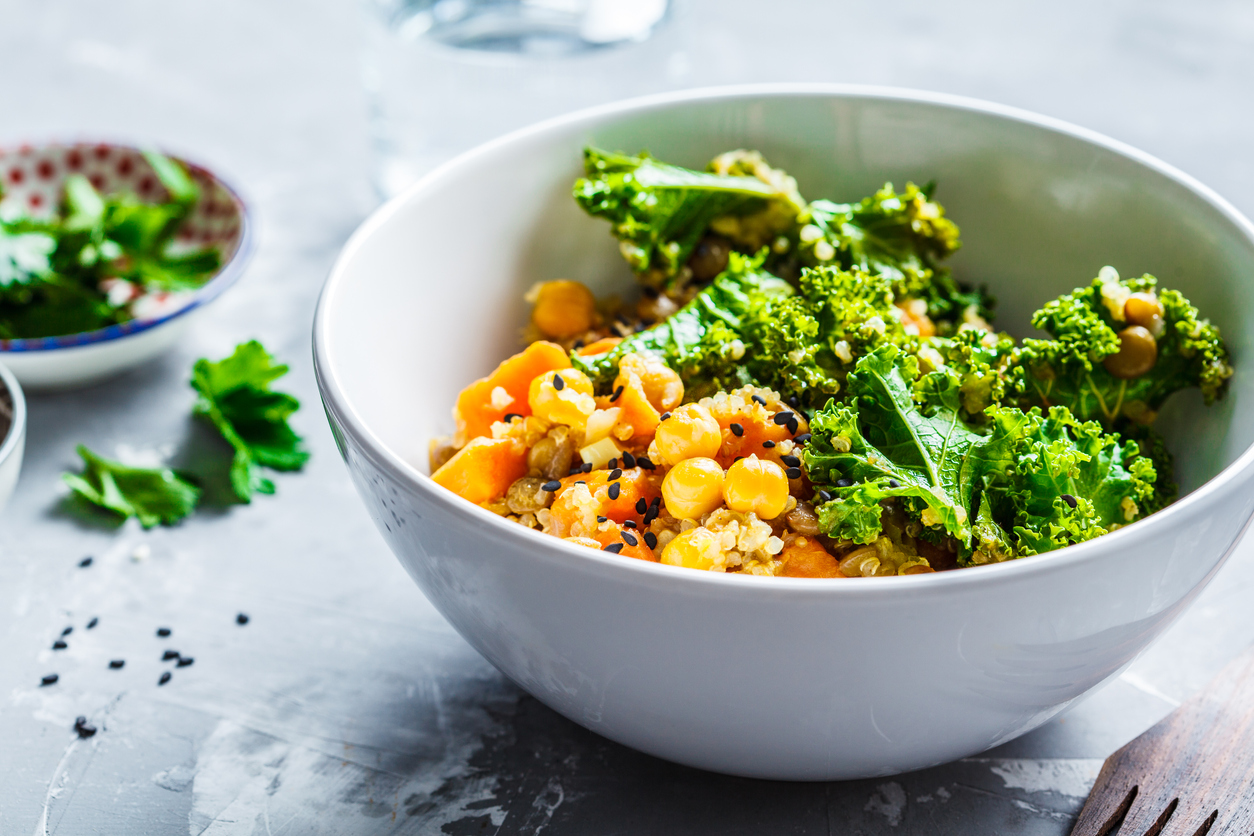
Being vegetarian makes you less likely to develop cancer and heart disease, major study finds
Being a vegetarian makes you less likely to develop cancer and heart disease, a major new study has found.

Exercise likely to be best treatment for depression in coronary heart disease
A study by RCSI indicates that exercise is probably the most effective short-term treatment for depression in people with coronary heart disease, when compared to antidepressants and psychotherapy or more complex care.
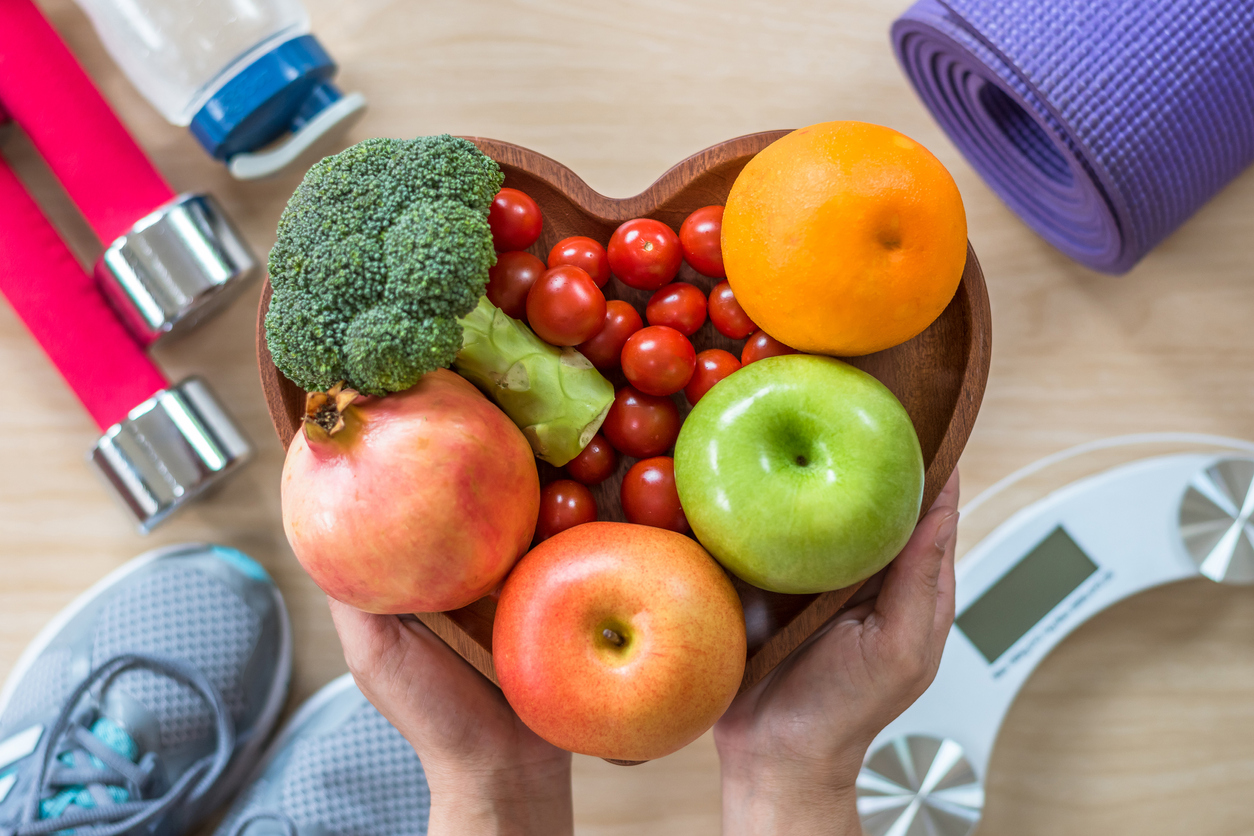
BANT welcomes the BJGP article on the ‘lifestyle medicine movement’ and opens the door to further discussions
BANT welcomes the British Journal of General Practice (BJGP) May 4th article on lifestyle medicine and is encouraged by the acknowledgement of well-informed drivers validating this movement. “There are numerous drivers for lifestyle medicine. Our analysis does not aim to argue against the importance of these drivers as many of them are well-informed”.

WHO joins the UN Decade on Ecosystem Restoration on World Environment Day
On the occasion of World Environment Day 2021, WHO has joined the UN Decade on Ecosystem Restoration, a partnership aimed at preventing, halting and reversing the degradation of our ecosystems and the diversity of life they sustain.
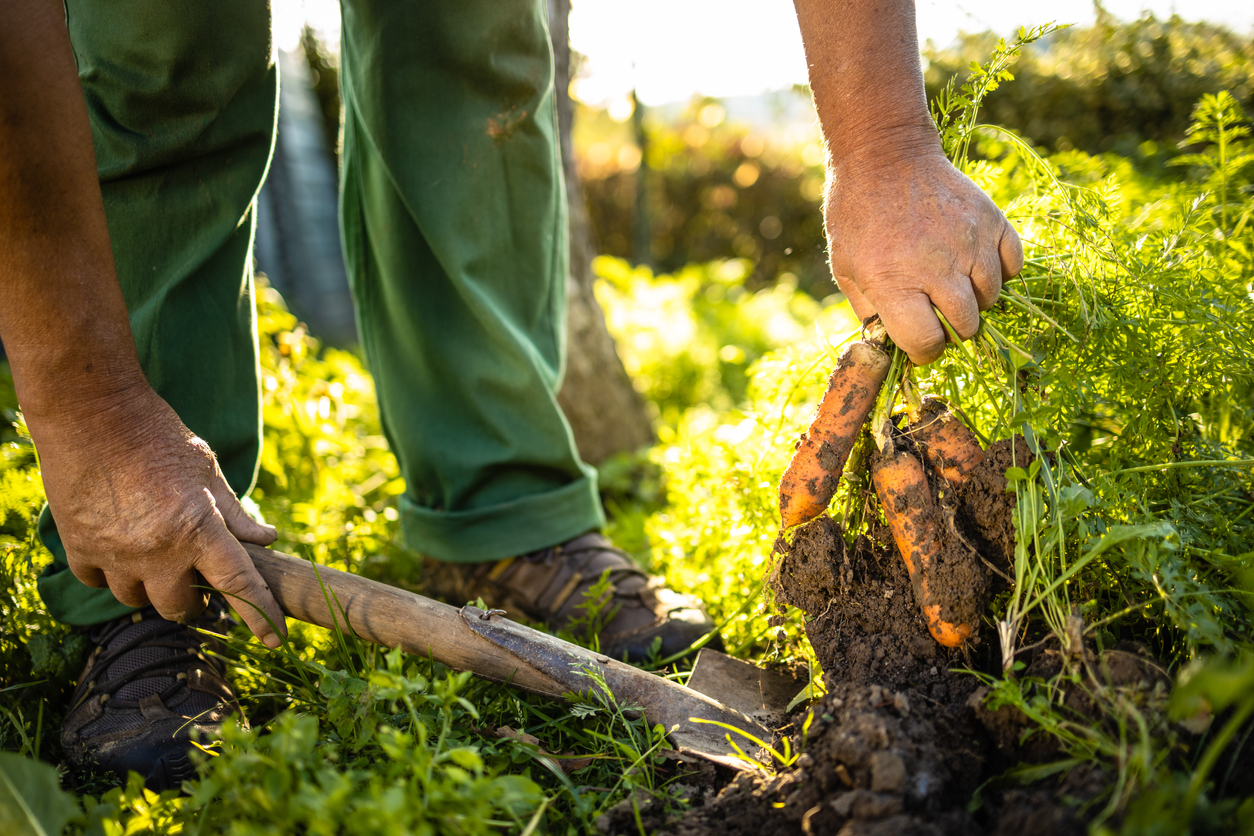
Dartington Trust: Educating a new generation of agroecological farmers
The United Nations Food and Agriculture Organisation advocates a widespread transition to agroecological farming in order to meet the 2030 Sustainable Development goals. But we can only achieve this if we change the way we educate the next generation of farmers and producers, writes Regenerative Food and Farming lead, Caroline Aitken.
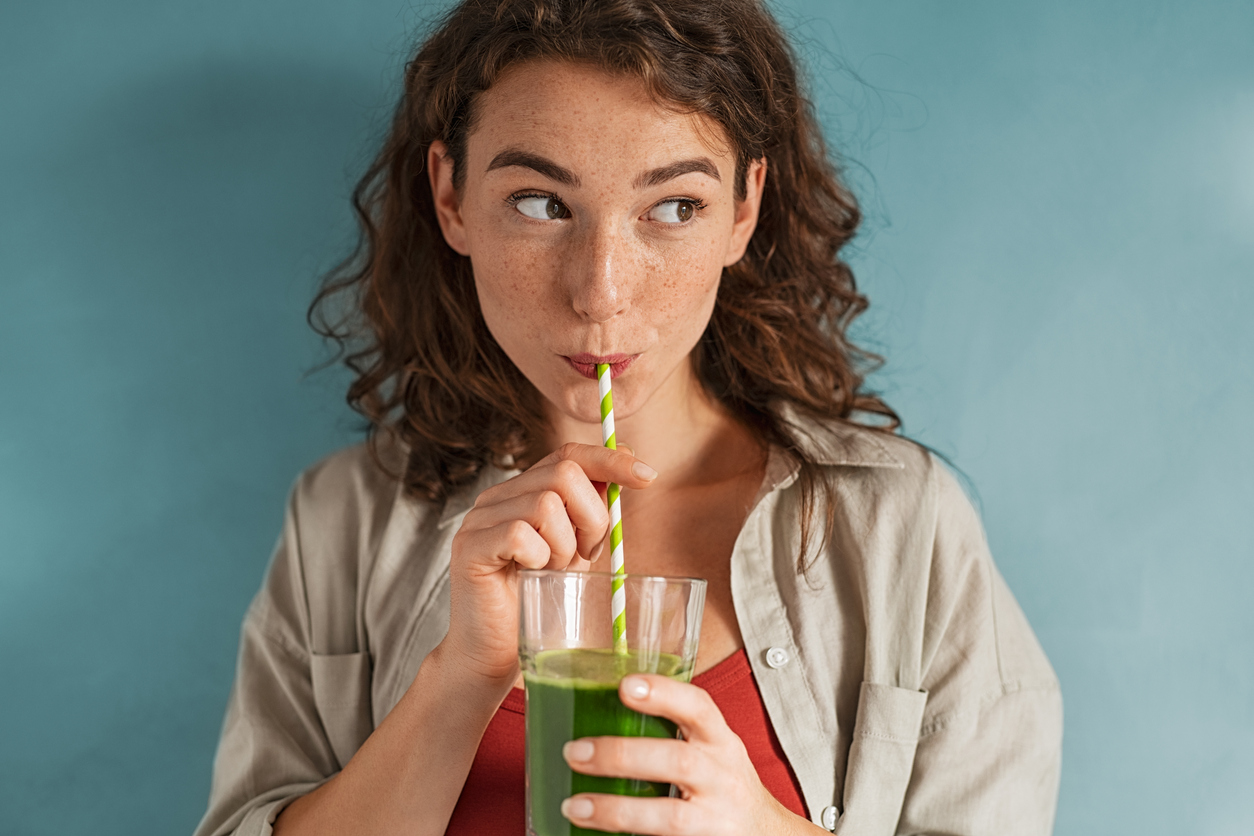
Gut to brain: Nerve cells detect what we eat
Nerve cells of the vagus nerve fulfill opposing tasks. The gut and the brain communicate with each other in order to adapt satiety and blood sugar levels during food consumption. The vagus nerve is an important communicator between these two organs.
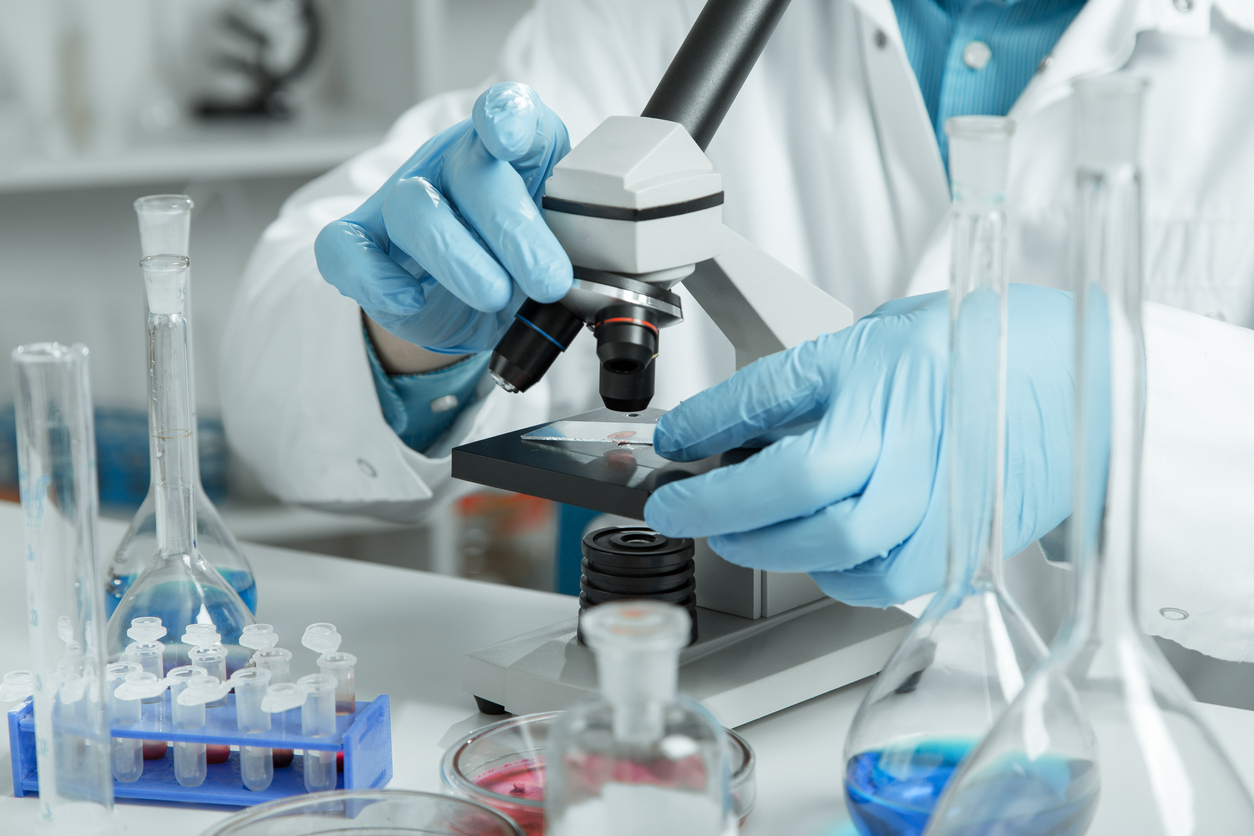
Protein disguise could be new target for cancer immunotherapy
Researchers at the Francis Crick Institute have identified a protein that helps tumours evade the immune system and, in certain types of cancers, is linked to a poorer chance of survival. The protein could become a target for future cancer treatments.
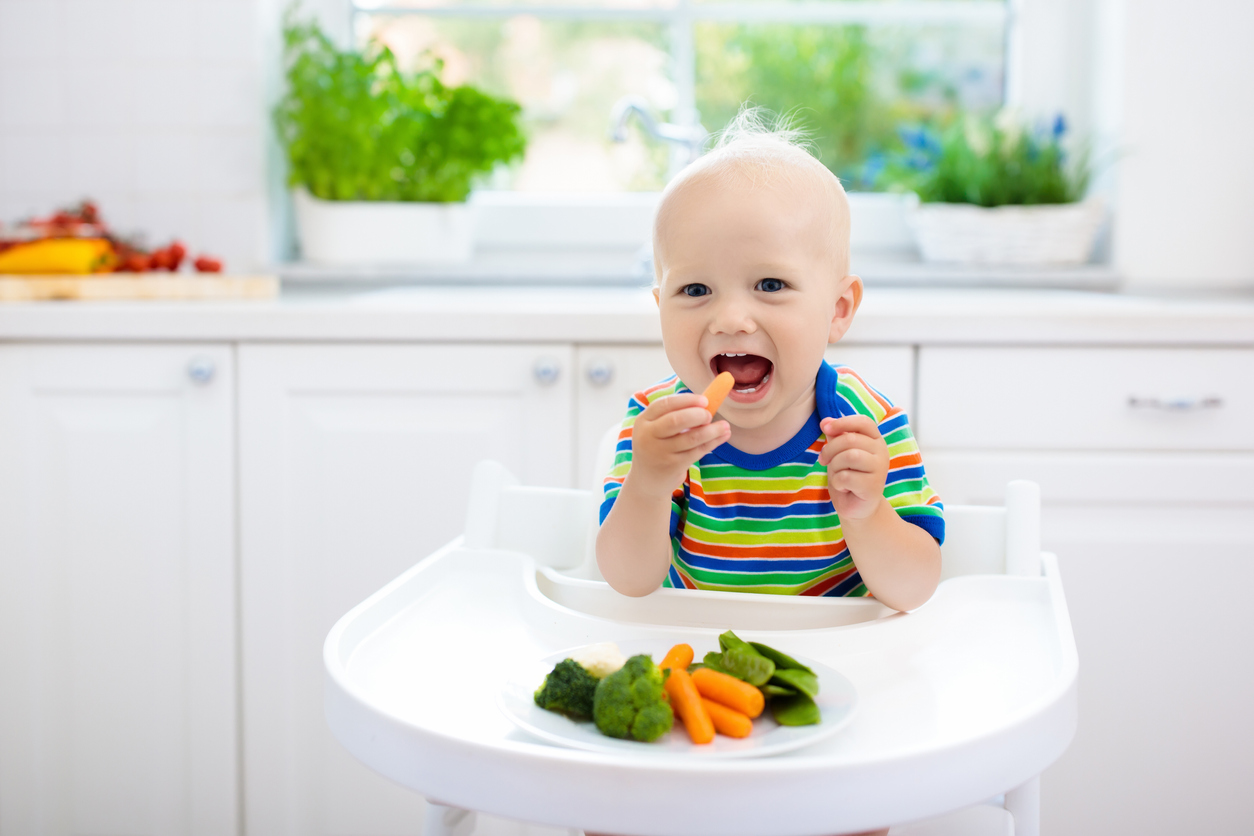
It’s never too early to begin healthy eating habits
Researchers at Columbia University Mailman School of Public Health and Universidade Federal de Ciências da Saúde de Porto Alegre, Brazil found that when health workers were trained to promote infant healthy feeding practices to pregnant women their children consumed less fats and carbohydrates at 3 years of age and had lower measures of body fat at the age of 6.

‘The environmental crisis is also a crisis of hope’
Climate change is an urgent, global-scaled problem and it’s essential to talk about the climate emergency in many specific contexts. For example, the Canadian Mental Health Association labels the climate emergency a mental health emergency.
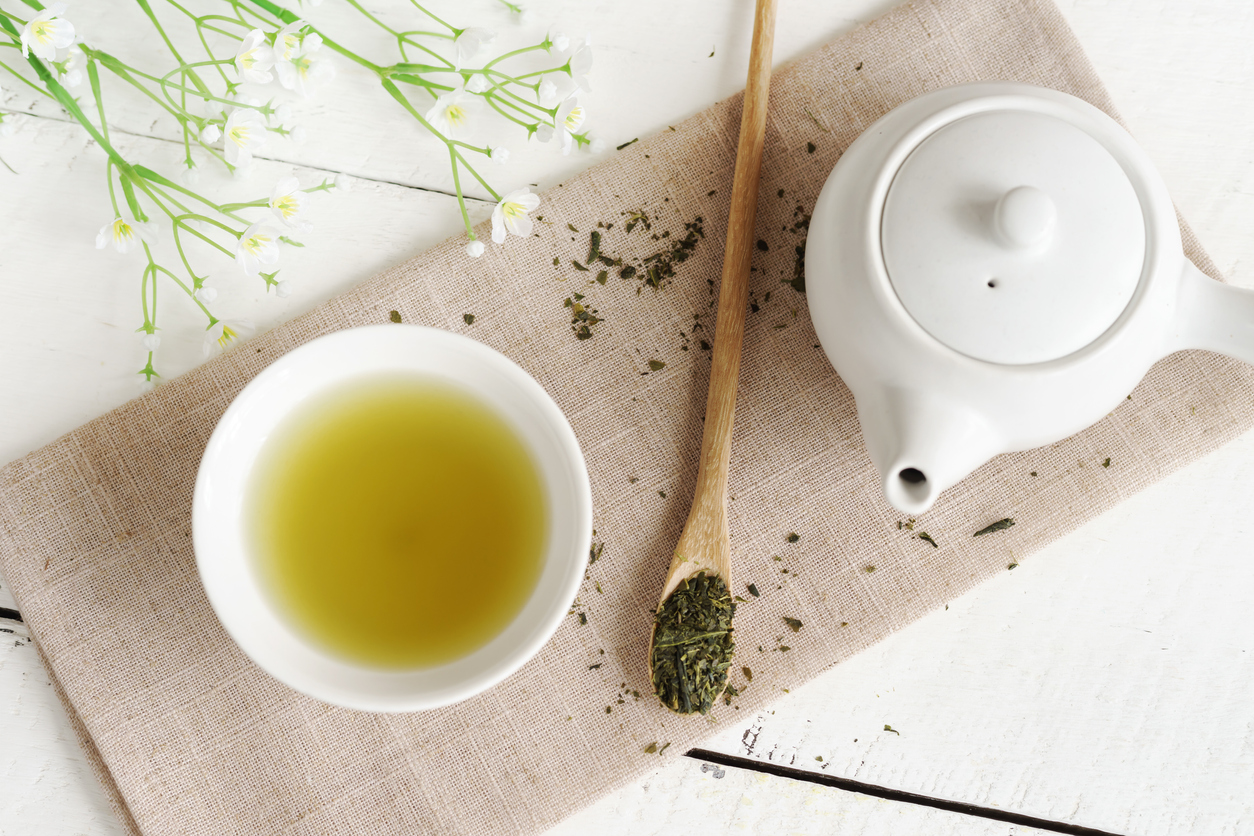
These Foods Have Natural Chemopreventive Properties
The greatest ally against chronic disease may be found in your everyday diet, from fresh, raw fruits and vegetables to popular beverages such as coffee and green tea.
